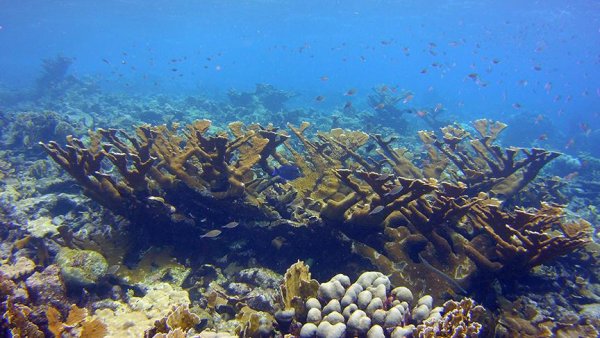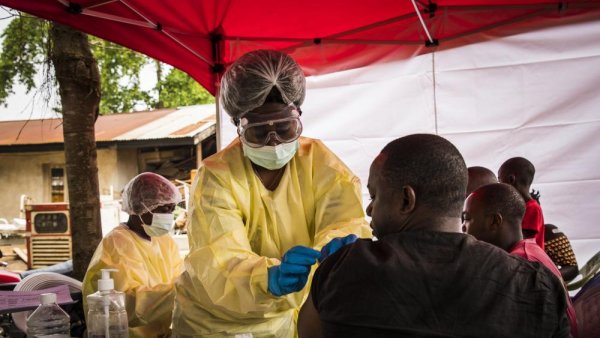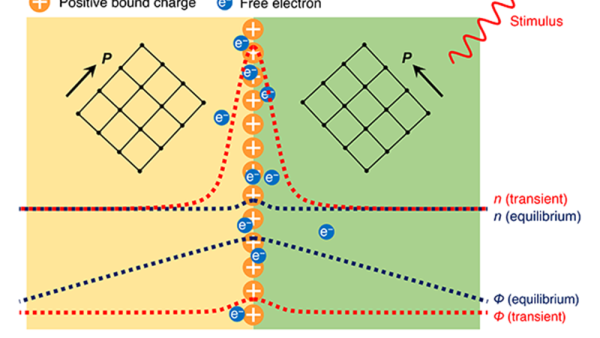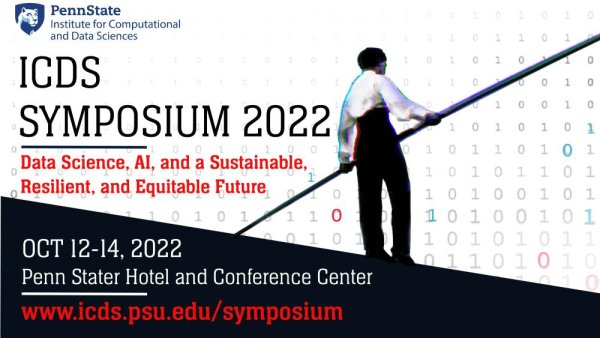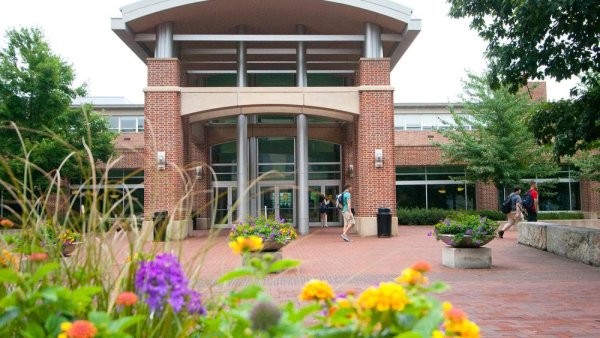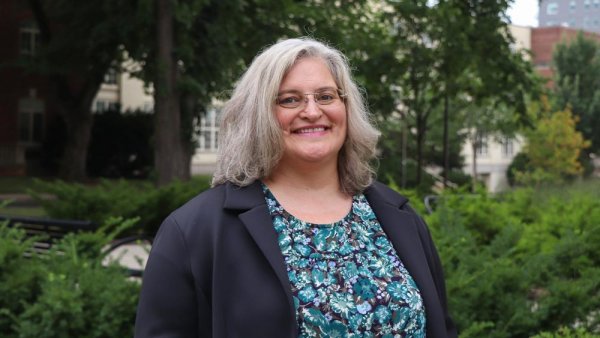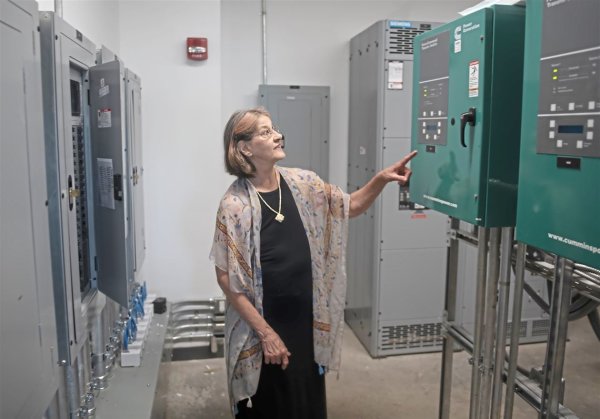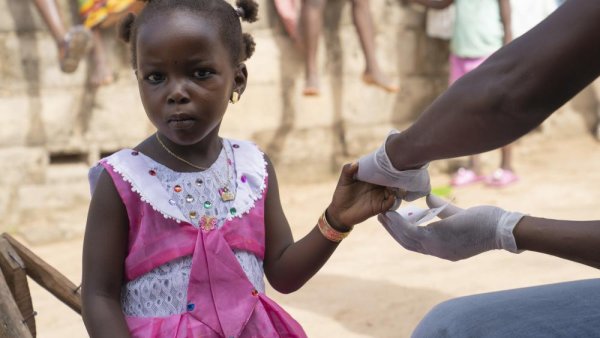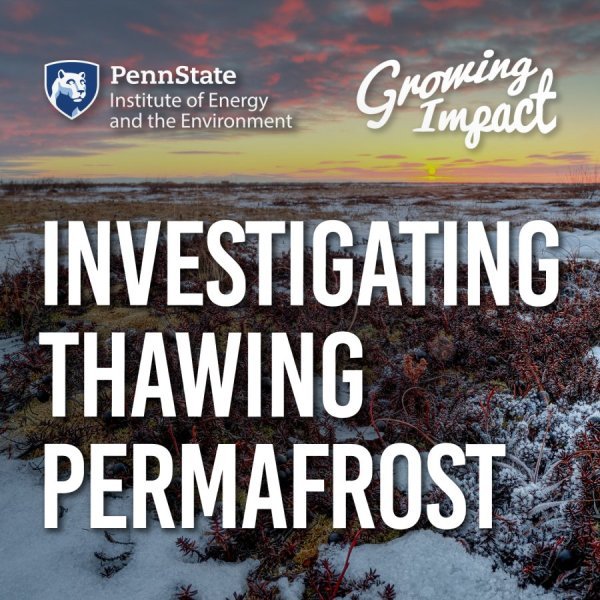Corals pass mutations acquired during their lifetimes to offspring
| psu.edu
Challenging over a century of evolutionary conventional wisdom, corals have been shown to pass somatic mutations — changes to the DNA sequence that occur in non-reproductive cells — to their offspring.
Penn State team awarded $2.3M to assess disease vulnerability, improve response
| psu.edu
An interdisciplinary team of Penn State researchers, led by biologist Nita Bharti, has received a new grant from NIH and NSF to analyze the factors underlying measles and Ebola outbreaks in the Équateur province of the Democratic Republic of Congo. Their tools will improve assessment of vulnerability to a variety of disease outbreaks in other areas of the world.
Improve traffic flow in cities by banning left turns
| insidehighered.com
Hate waiting to make a left turn at a busy intersection? You’re not alone. In today’s Academic Minute, Pennsylvania State University’s Vikash V. Gayah explores how to fix these time wasters. This article features an interview with Vikash Gayah, associate professor of civil and environmental engineering.
A shrinking Lake Powell could herald an even worse water crisis in the Southwest's future
| salon.com
As climate change dries up the Colorado River Basin, the region's megacities may eventually dry up, too. This article quotes Michael Mann, Distinguished Professor of Atmospheric Science.
New model that examines materials at mesoscale may be bridge to next-gen devices
| psu.edu
A newly developed model may serve as a bridge between quantum mechanical calculations at the atomic scale and devices that could enable next-generation quantum technologies, according to a team of Penn State researchers.
Institute for Computational and Data Sciences opens 2022 Symposium registration
| psu.edu
Penn State’s Institute for Computational and Data Sciences opened registration for its fall symposium, Oct. 12-14, aimed at exploring the role data science and artificial intelligence plays in creating a sustainable, resilient and equitable future. It will include a judged, industry-sponsored poster session for undergraduate and graduate students working in data science or AI.
‘AI for Good Expo’ highlights how everyday AI can change the world
| psu.edu
Students, faculty, staff, organizations and businesses are invited to learn more about using artificial intelligence and machine learning to solve challenges related to education, health, environment and humanitarianism at the “AI for Good Expo,” set for 5-7:30 p.m. Thursday, Sept. 8, in Alumni Hall in the HUB-Robeson Center on Penn State's University Park campus.
Proposals sought for diversity and inclusion initiatives at Penn State
| psu.edu
The Equal Opportunity Planning Committee invites Penn State faculty and staff to submit proposals for funding to support the University’s diversity, inclusion, and equity efforts and advance the University’s strategic plan with investments in programs and ideas.
Stedman named University’s research and lab safety manager
| psu.edu
Diann Stedman recently joined Penn State as the University’s research and laboratory safety manager, a position in the Office of Environmental Health and Safety.
Pittsburgh-area climate initiatives to receive a boost when long-awaited federal funds flow
| post-gazette.com
From Swissvale to Forest Hills, small-scale climate initiatives could get a boost if local governments receive a cut of the $369 billion in funding for climate action included in the Inflation Reduction Act, which President Joe Biden signed into law in mid-August. This article quotes Brandi Robinson, assistant teaching professor of energy and sustainability policy, and Peter Buck, affiliate researcher in the Institutes of Energy and the Environment.
Zombie ice from Greenland will raise sea level 10 inches
| apnews.com
Greenland’s rapidly melting ice sheet will eventually raise global sea level by at least 10.6 inches (27 centimeters) – more than twice as much as previously forecast — according to a study published Monday. This article quotes Richard Alley, Evan Pugh University Professor of Geosciences.
Partner-drug resistance accelerates resistance of first-line malaria drug
| psu.edu
The drug artemisinin is the world’s most important first-line drug for the treatment of malaria, a disease spread by mosquitoes that was responsible for 627,000 deaths globally in 2020. To prevent the malaria parasite (Plasmodium falciparum) from evolving resistance to artemisinin, the World Health Organization has recommended, since 2005, that partner drugs be given along with artemisinin. Yet, the parasite has already become resistant to many of these drugs.

